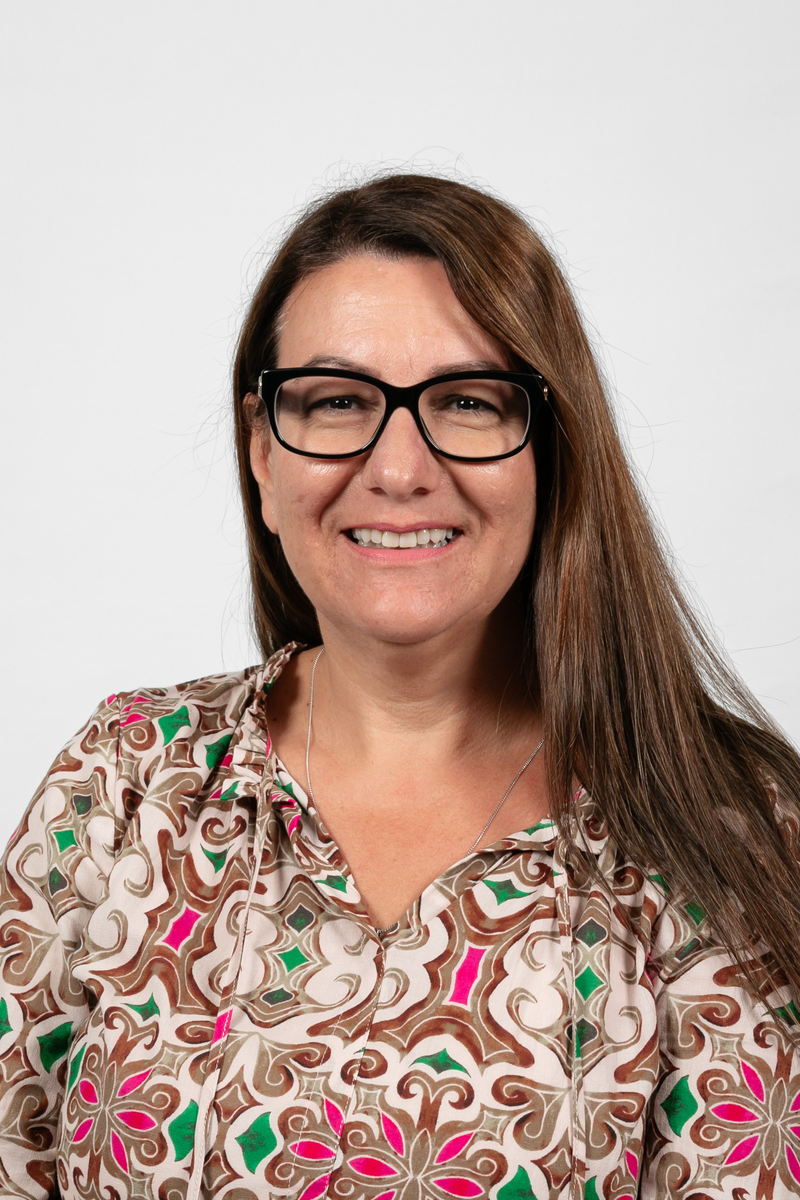Tips for secondary school students on achieving your desired career pathway
Few people know from an early age what they want to spend their life doing. Most young people have some ideas, while others have no idea at all and can be unclear about their direction in life.
As we move into the final years of secondary schooling, our education system asks young people to make decisions about who they are and what they want to achieve by selecting subjects for senior school and exploring prerequisite studies and course information for future tertiary studies. Young people (and parents) can feel overwhelmed, unable to decide and confused by the entire process.
The Careers and Pathways service at Mazenod College has at its core, the mission to work with every student to discover and achieve the pathway to a future career that is the best match to his individual self. Below you will find some tips in assisting young people in achieving their desired career pathway:
- SELF-DISCOVERY
Identify your Interests: Take time to explore what you enjoy doing. This can be through hobbies, school subjects or extracurricular activities.
Access your Strengths & Weaknesses: Understand what you are good at and where you might need improvement. This can help you choose a career that aligns with your skills.
- SET CLEAR GOALS
Short-Term and Long-Term Goals: Break down your career aspirations into manageable steps. Set achievable short-term goals that lead to your long-term objectives.
SMART Goals: Ensure your goals are Specific, Measurable, Achievable, Relevant, and Time-bound.
- RESEARCH AND EXPLORE
Career Research: Investigate different career options and what they entail. Use resources like career websites, informational interviews with parents and friends, and consider work experience.
Educational Pathways: Understand the educational requirements for your desired career. This might include specific subjects, courses, or degrees.
Qualifications: Know the types of qualifications that exist in Australia. Australian qualifications start at Certificate I and go right up to Doctoral level. Work out the type of qualification required to work in this career.
- SEEK GUIDANCE
Talk to Mentors: Seek advice from teachers, school career practitioners, and professionals in your field of interest. They can provide valuable insights and guidance.
Networking: Build a network of contacts in your desired industry. Attend career expos, Open Days, join relevant clubs, and participate in online webinars.
- GAIN EXPERIENCE
Work Experience: Gain practical experience through school Work Experience programs, part-time jobs, volunteer work or community service opportunities. This can provide a real-world understanding of your chosen field.
Extracurricular Activities: Participate in activities that build relevant skills, such as leadership, teamwork, and communication.
- STAY FLEXIBLE AND ADAPTABLE
Be Open to Change: Your interests and goals may evolve over time or sometimes, things may not go to plan. Be open to exploring new opportunities and adjusting your career path as needed.
Continuous Learning: Stay updated with industry trends and continue learning new skills. This can make you more adaptable and competitive in the job market.
- MAINTAIN A POSITIVE ATTITUDE
Resilience: Stay motivated and resilient, even when faced with challenges. Remember that setbacks are a part of the journey.
Celebrate Achievements: Recognise and celebrate your accomplishments, no matter how small. This can boost your confidence and keep you motivated.
Remember, your career journey is unique to you. Take your time, explore your options, and don't be afraid to seek help along the way. Our college is fortunate to have a number of professional Career Practitioners eager to assist our students develop career action plans or refine them. Feel free to pop into the Careers office for a chat, specific advice or resources.
Finally, below are some useful resources you can explore to help you with your future career plans:
- Mazenod College Careers Website: provides students and parents with all the latest information to help young people make decisions about their future career and life beyond school.
- Victorian Government’s Education and Training: Offers guidance on career pathways and educational options in Victoria.
- MyFuture: A comprehensive career information and exploration service.
- Labour Market Insights: Provides information about Australian careers, labour market trends, and employment projections.
- Youth Central: A Victorian Government initiative that provides resources and advice for young people on careers, education, and more.
Good luck!
Vivian Seremetis
Careers & Pathways Leader


